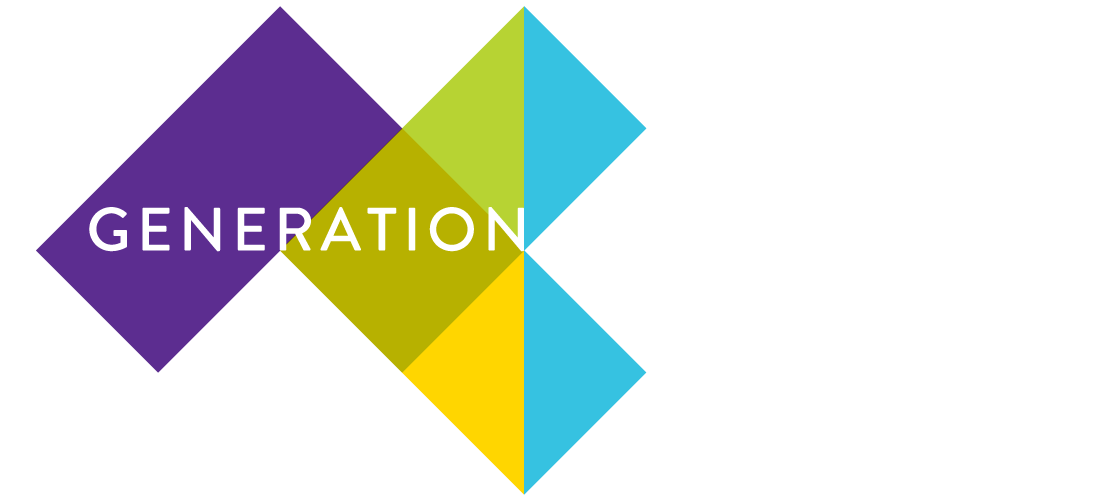The Right To Be Seen
Human rights are implicated within the universal need to be seen. By validating the lived experiences of others, we recognize their humanity in full. As a social justice advocate, I find that visibility matters within everyday encounters and public policy alike. Greeting the baristas at my local Starbucks with a smile and asking about their lives outside the store. Working with my colleagues at the Diversity Equity and Inclusion Office (DEI) to ensure that the curriculum at the Josef Korbel School of International Studies accurately represents our diverse campus. Through acknowledging the intrinsic value within all people, I hope to put human rights ideals into meaningful practice.
Truly seeing another person first requires awareness. I find that humans tend to overlook identities and situations that do not mirror our own. As an educated white male who speaks English, I might not bring myself to appreciate other realties. The unacknowledged laborer. An immigrant who is dismissed for speaking their mother tongue. Countless individuals aren’t given their due, partly because their struggles are tied to systems of oppression. And while I couldn’t deeply relate to these truths, I can certainly validate them. I listen intently and look directly at the speaker.
However, social visibility isn’t always used to further human dignity. In Illegal Traveler, Shahram Khosravi introduces the concept of the “border gaze” to explain how certain traits, values, and features are often projected onto migrants. The author defines this dynamic as “not an innocent act… but an episteme determining who/what is visible and invisible” (Khosravi,77). Targets of this gaze are typified according to gender, race, and/or class by virtue of how they present themselves within society. For example, a Muslim man might be labeled as misogynistic or designated as a threat to Western values. Perceiving another person from this vantage point utterly diminishes their sense of individuality. Citing Salman Rushdie’s Satanic Verses, Khosravi claims that they become a subject of “other’s fantasies” instead of being seen in full. (Khosravi,77). The processes behind visibility matter just as much as the act. In many instances, these distorted ways of seeing are learned rather than innate.
This is why GenHR’s mission deeply resonates with my own ethos as a student and activist. I believe that the role of education is to expand our existing worldviews. Yet when coupled with an emphasis on human rights, such learning can inform us how to see others holistically. I am excited to work alongside an organization that enacts these values in both theory and practice. As a GenHR Fellow, I will be using this blog space to reflect on my own journey as an activist and student. Stay tuned for next week’s topic that will cover my involvement with MenEngage Alliance and the broader struggle for gender justice.

